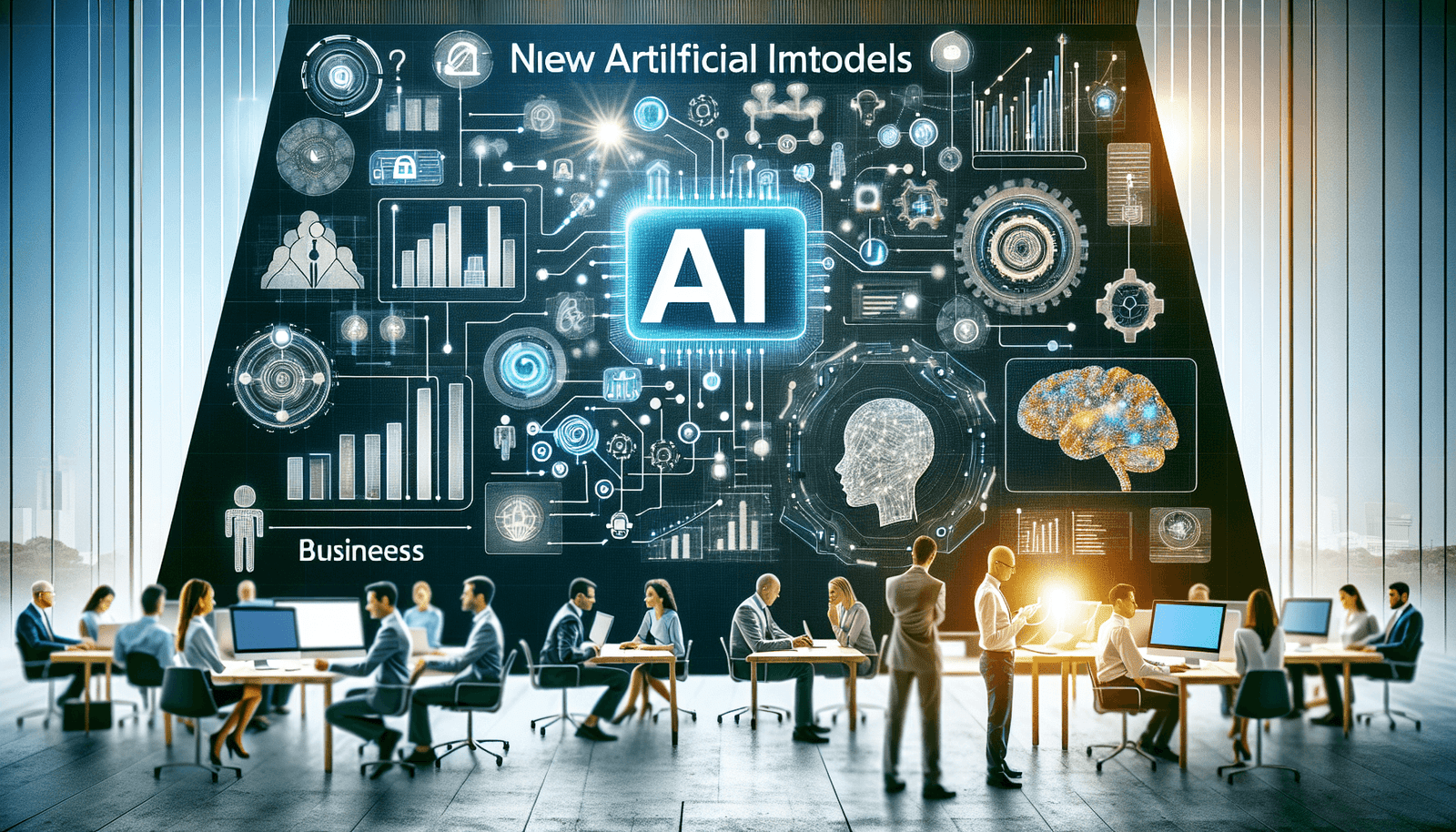IBM’s New AI Models: Transforming Business Landscapes as GenAI Competition Intensifies
In a significant move reflecting the accelerating pace of innovation in the technology sector, IBM has unveiled a suite of advanced AI models designed specifically for businesses. As the competition in the genAI space heats up, IBM’s latest offerings promise to enhance the integration of software solutions within enterprise environments, pushing the boundaries of technology and delivering powerful capabilities to organizations worldwide.
The Significance of IBM’s Release
IBM’s release of these new AI models marks a pivotal moment in the ongoing evolution of artificial intelligence. As businesses increasingly recognize the necessity of advancement in AI technology, they seek robust solutions to meet their diverse needs. These models are especially relevant as they are designed for seamless integration into existing systems, ensuring companies can maximize their return on investment.
Understanding the Competitive Landscape
The market for artificial intelligence is highly competitive, with numerous companies striving to offer cutting-edge technologies. Innovations in AI have reshaped how businesses operate, driving efficiencies, and enhancing decision-making. IBM’s entry with new AI models comes at a time when organizations are looking for reliable partners that can offer tailored solutions and exceptional performance.
Key Features of IBM’s New AI Models
- Enhanced Decision-Making: Leverage predictive analytics to make informed choices.
- Scalability: Solutions designed to grow with your business needs.
- Seamless Integration: Easily incorporate AI capabilities into existing workflows.
- Customizability: Tailor models to fit unique enterprise requirements.
- Improved User Experience: User-friendly interfaces for increased adoption across teams.
Driving Innovation Across Industries
IBM is committed to pushing the frontiers of innovation across various industry verticals. With the introduction of these AI models, businesses can harness the power of artificial intelligence to tackle challenges specific to their sectors. Whether it is in healthcare, finance, or supply chain management, IBM’s solutions are designed to address distinct challenges and create value.
The Future of AI in Business
The release of IBM’s new AI models signifies a larger trend where artificial intelligence becomes an integral part of the business landscape. Companies are expected to increasingly leverage these advancements to drive efficiencies, improve customer experiences, and enable data-driven decision-making. As technology evolves, the need for effective AI integration will only become more crucial.
Embracing the GenAI Shift
The shift towards genAI technologies highlights a broader evolution in artificial intelligence, focusing on generative capabilities that can create new content and provide innovative solutions. IBM’s focus on enhancing these aspects in its software offerings bodes well for businesses seeking to revolutionize their operations.
Conclusion: An Era of Opportunity
As the competition in the AI sector intensifies, companies like IBM are crucial players in shaping the future of technology. Their new AI models present valuable opportunities for businesses aiming to enhance their operational capabilities. By embracing these innovations, organizations can remain competitive in an ever-evolving market landscape, leveraging the full potential of artificial intelligence to transform their practices.
In summary, the introduction of IBM’s AI models emphasizes the importance of innovation and adaptation in the face of rapid technological advancements. As businesses explore new tech-driven solutions, the path toward successful integration and application of AI technologies has never been clearer.
SEO Description
Explore how IBM’s latest AI models are transforming businesses in the competitive landscape of genAI technology. Discover the innovative features and solutions that enhance artificial intelligence integration in enterprises, driving advancement and efficiency in the modern market.






